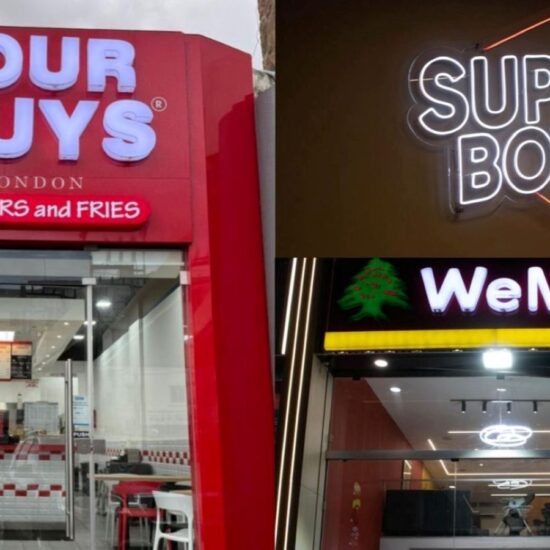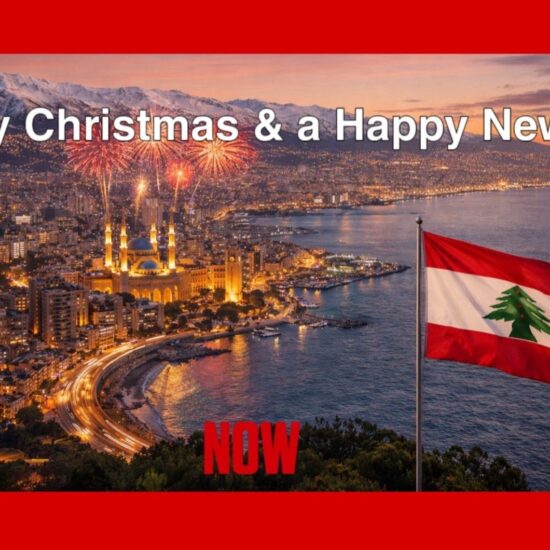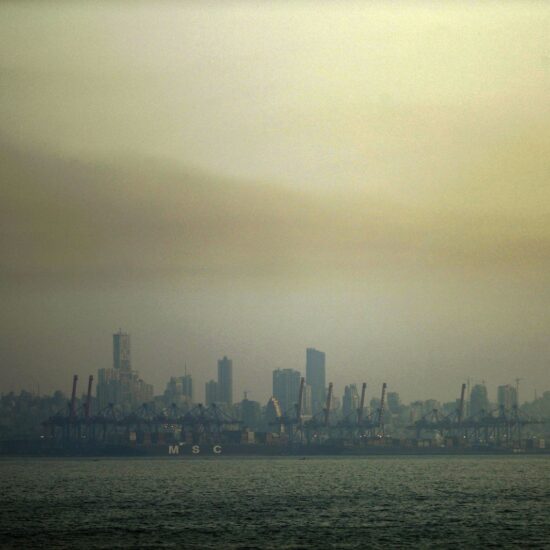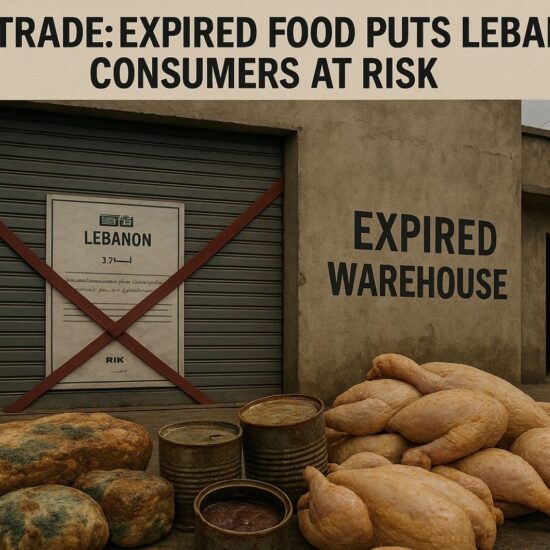
Ramadan celebrations bring blissful vibes to Beirut amid Lebanon’s daily challenges
Amid the holy month of Ramadan, as Lebanon grapples with ongoing crises, Beirut once again demonstrates its resilience. Thousands of Lebanese gathered as the city opened its streets, welcoming the atmosphere of Ramadan. With its captivating beauty and grace, Beirut sometimes offers a respite from its harsh realities, imparting messages of life, resilience, sacrifice, and fulfillment. Neighborhoods share flickering lanterns along their roadsides with decorations of moons and stars that grace the homes of residents.
The bustling streets of downtown Beirut are alive with parades, featuring musical bands playing traditional Ramadan tunes and theatrical performances by numerous participants. These festivities bring joy to the hearts of children and adults, who experienced a delightful Ramadan ambiance. The cultural and artistic displays also include performances of Lebanese heritage music, with many Lebanese individuals joyfully dancing to the rhythms of the traditional dabke, creating an inclusive atmosphere that united people of all ages, and even religions.
“The city’s vibrant decorations and lights illuminate Lebanon’s resilient spirit, which has always defied surrender to any circumstance,” one Beirut resident from Hadath told NOW.
Beirut is enthusiastically embracing the essence of Ramadan in an unprecedented manner, with a variety of festivities enriching both the city and its neighboring areas. The numerous ongoing events and a multitude of forthcoming ones are slated to continue until the celebration of Eid al-Fitr.
A Revival of the City
A theater has been constructed to host a series of theatrical, cultural, and artistic performances throughout the month of Ramadan, aiming to foster love, participation, and communication among the Lebanese people. Additionally, specific venues have been designated for hosting suhoor sessions, enticing Lebanese residents to gather in the heart of Beirut for 30 days.
A highly anticipated event known as “Layali Zaman” is poised to be the highlight of Ramadan festivities, as it transforms Forum de Beyrouth into a stunning 10,000-square-meter venue inspired by Khan architecture. Hosted by “In Action Events” and “Souk El Akl,” this scrupulously planned occasion aims to create the spirit of Ramadan through carefully crafted decorations and structures that evoke the symbols of the month.
NOW spoke with Nawal Maalouf, PR and marketing adviser who works for private corporations including the Forum. “It is something new that we have never seen before, people will get to experience live cultural entertainment, live music, competitions, and try different foods at suhoor nights with over 30 food stalls and 70 craftsmen vendors that are displaying their products.”
“This event also proudly supports Makassed and Al Mabarrat Al Kahyriya foundations, so it is more than just entertainment but also embodies the authentic ethics of Ramadan and the principles of generosity and empathy,” Maalouf said.
The entrance fee is $5, and the event will be ongoing till Eid Al Fitr, every night from 8 PM till 2 AM. The number of attendees has so far been very impressive and beyond their expectations, according to Maalouf.
Nevertheless, Ramadan remains a difficult period for numerous individuals who face financial hardships. As the month commenced, voices in both traditional and social media platforms urged those capable of indulging in lavish iftars and festivities to abstain from sharing such images online, as a gesture of respect towards those experiencing hunger, particularly Palestinians in the Gaza Strip and displaced people from the South of Lebanon.
Beirut El Eid, set up in the bustling center of Beirut, spanning across 12,000 square meters, the market represents hope, resilience, and unity in the bustling streets with captivating Ramadan decorations with carts filled with different foods and Ramadan sweets.
The event, Beirut El Eid, is organized by Souk El Balad where different concept stores, artisans, iftar and suhoor experiences, kids’ areas, and activities can be found.
Ezzat Quraitem, the organizer of the Beirut El Eid event, highlighted that the initiative seeks to breathe new life into the Solidere areas, which have been left deserted by numerous stores following the Beirut port explosion in 2020 and the country’s economic crisis. He stressed the organizers’ commitment to reducing rental fees for market spaces to foster greater participation.
Non-stop Sales: Trays of Sweets and Bottles of Jallab
Pastry shops and bakeries across all regions experience bustling crowds as fasting individuals eagerly purchase delectable treats. These crunchy or soft sweets are often dipped in sugary syrup or filled with nuts and dates, made to be savored after sunset until dawn the next day.
Mohammad Darazi, a sales manager in a sweet shop in Saida, told NOW: “Alongside well-known dishes passed down through families, indulgent sweets like Qatayif and shaabiyat add to the culinary delights enjoyed during this time, so we experience a high demand for them during the holy month, and this year everything is priced in dollars, prompting some customers to select more affordable options that tend to have less luxury and fresh ingredients, but many choose the pricier sweets.”
Nevertheless, according to Darazi, there is a significant increase in sales across the board, leading to improved performance for sweet shops compared to the preceding two years.
Lebanese cuisine takes on special significance during Ramadan, offering a rich array of appetizers and desserts. During ordinary days, beverages like Jalab, licorice, and tamarind are nearly overlooked by people, but their popularity resurfaces days before Ramadan. These syrups, considered traditional in Lebanon, including licorice combined with sugarcane juice, are typically available in juice shops that thrive during the holy month.
Beirut’s commercial hub, hosting one of its most significant festivals, remains vibrant throughout Ramadan, from Iftar to Suhoor. Restaurants and cafes welcome visitors seeking both breakfast and Suhoor, accompanied by art exhibitions, storytelling sessions, and entertainment programs for children.
In Beirut, families opt to stay out late, away from restaurants and cafes. The Corniche, overlooking the Mediterranean, becomes a hub of activity with bustling traffic and cars parked along the roadside. Families gather with hookahs and plastic chairs, spending time together until dawn, and enjoying the communal atmosphere during the month of Ramadan.
Rodayna Raydan is a Lebanese-British journalist. You can follow her on Twitter @Rodayna_462
The views in this story reflect those of the author alone and do not necessarily reflect the beliefs of NOW.








